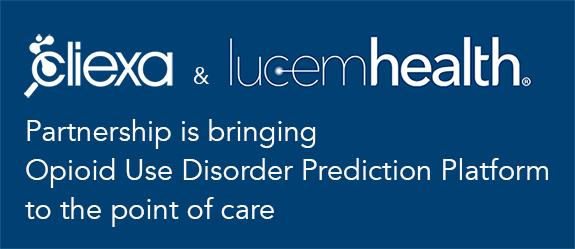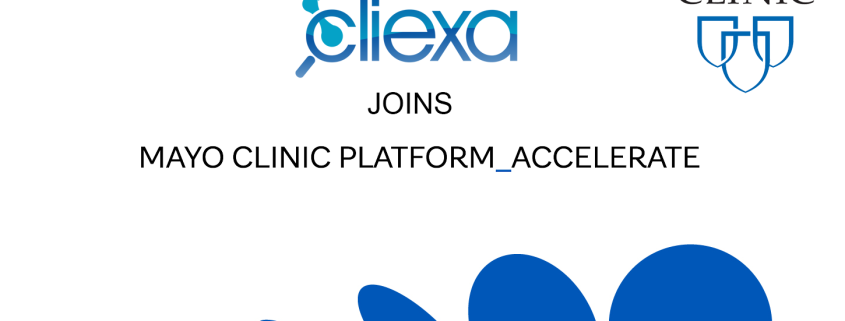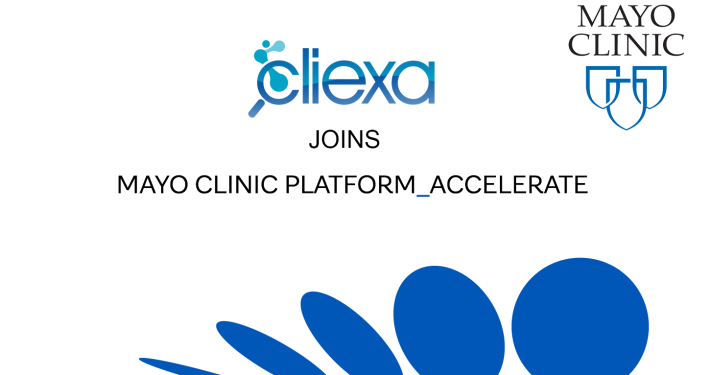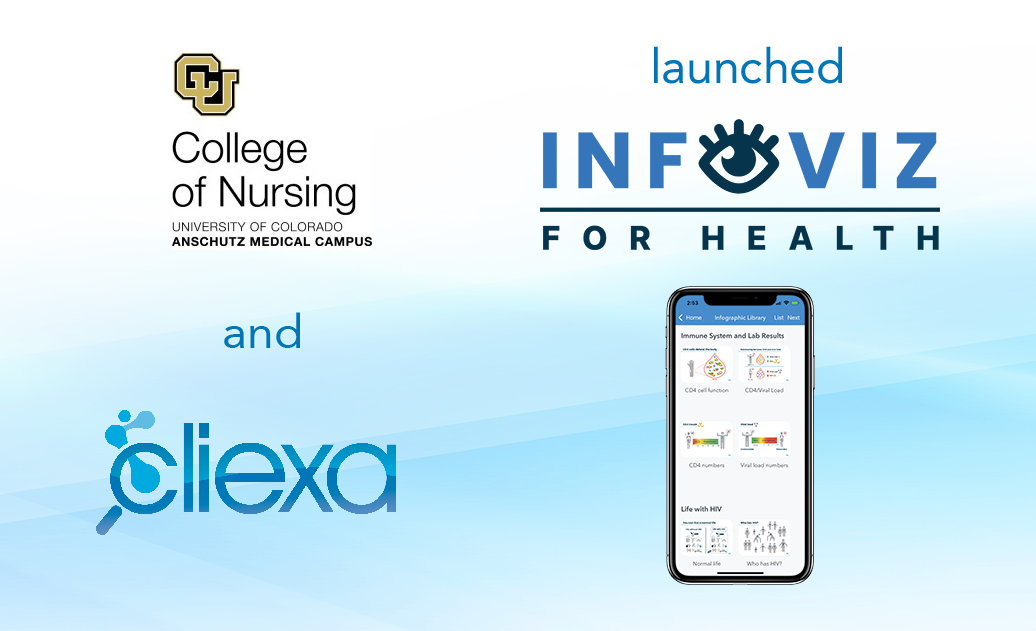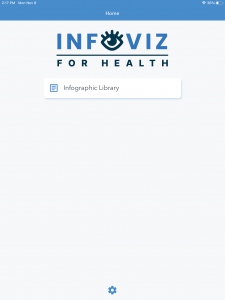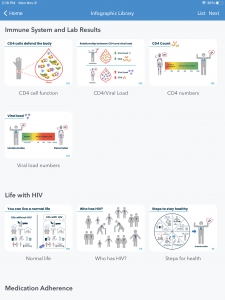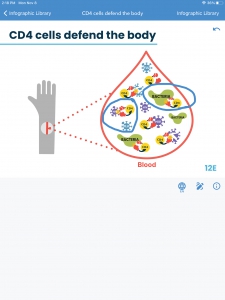Bluenet and cliexa are excited to announce their new partnership, combining their strengths to develop new ways to improve patient care through technology.
This is an exciting time for the healthcare industry. With new technologies and innovative solutions being developed, we are on the cusp of a whole new era in healthcare. Bluenet and cliexa are leading the charge. They are working together to bring innovation to healthcare.
Bluenet is known for its expertise in cloud-based solutions, while cliexa is leading change in transforming patient-reported data into actionable insights for healthcare providers through the power of artificial intelligence. This partnership will allow both companies to combine their strengths and develop new ways to improve patient care. Healthcare providers can expect to see improved operational efficiencies, enhanced decision support, and better clinical outcomes from this collaboration.
Bluenet’s Managing Director, Sukru Tutak, states that “Bluenet’s mission has always been about delivering high-quality data solutions for its customers. Therefore, we were immediately impressed by cliexa’s focus on creating the best integrated patient care platform in the healthcare industry by combining quality, volume, and speed of data. Bringing these two great organizations together and letting them work toward common goals made perfect sense.”
Mehmet Kazgan, CEO and Founder at cliexa, states, “We are excited to partner with Bluenet, who has a strong background in Business Intelligence and Digital Transformation. Not only are we strengthening our resource expansion opportunity, we are also broadening our health information technology and interoperability consulting approach with Bluenet’s years of experience.”
The future of healthcare is looking very bright, and we are honored to be a part of it. We encourage you to check out what cliexa is doing; their solutions are changing the game for healthcare providers and patients alike. Together, we are ushering in a new era of healthcare innovation – one that will benefit everyone involved. Stay tuned for more updates as we work together to bring innovative solutions to healthcare!
————————–
About Cliexa:
cliexa is an end-to-end virtual health platform that provides clinicians a complete understanding of real-time patient data. cliexa removes the barriers and inaccuracies in data collection, empowering clinicians to provide personalized care. cliexa’s patented technology powered by artificial intelligence is validated with industry leaders like Mayo Clinic and the American College of Cardiology.
About Bluenet:
Founded in 2004 in Tampa, Florida, Bluenet provides its clients with services in the areas of Data & Analytics (BA), IT Talent Management, Managed IT Services, and Digital Transformation. We have distinguished ourselves in the marketplace by consistently delivering the highest-quality services that positively impact our client’s growth, competitiveness, and operational efficiency. We consider every client engagement as a strategic and long-term partnership.


